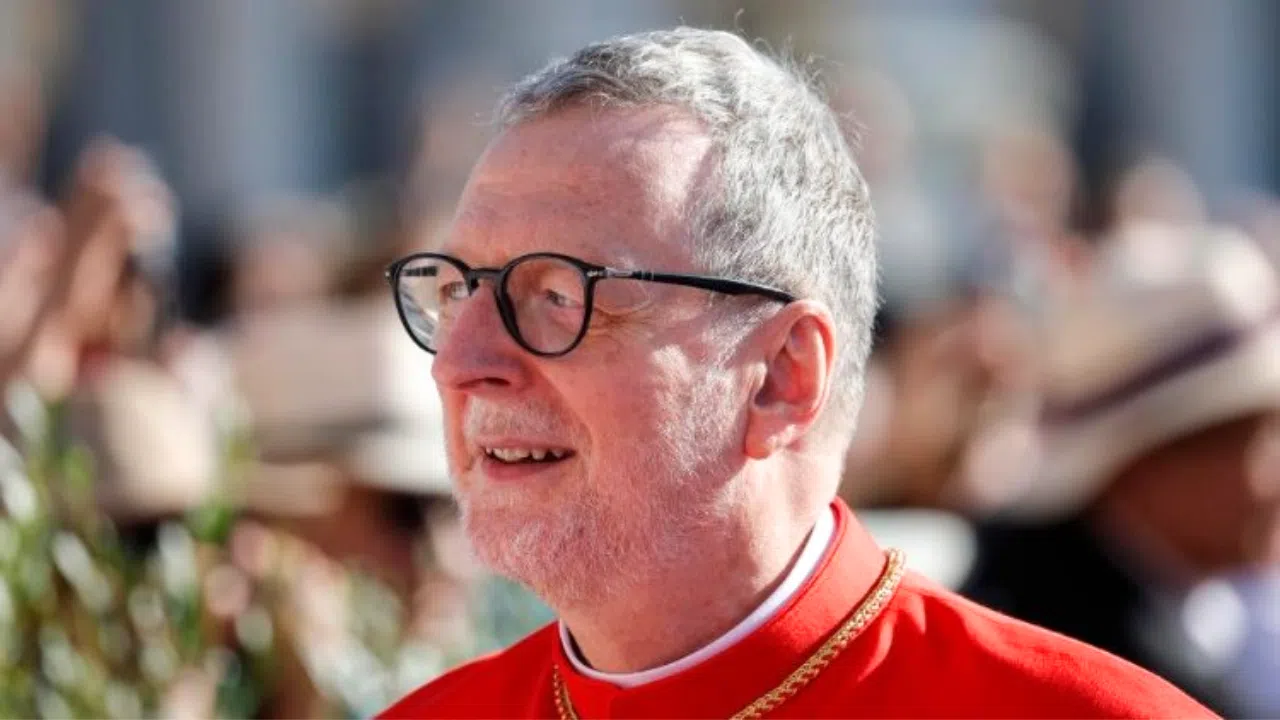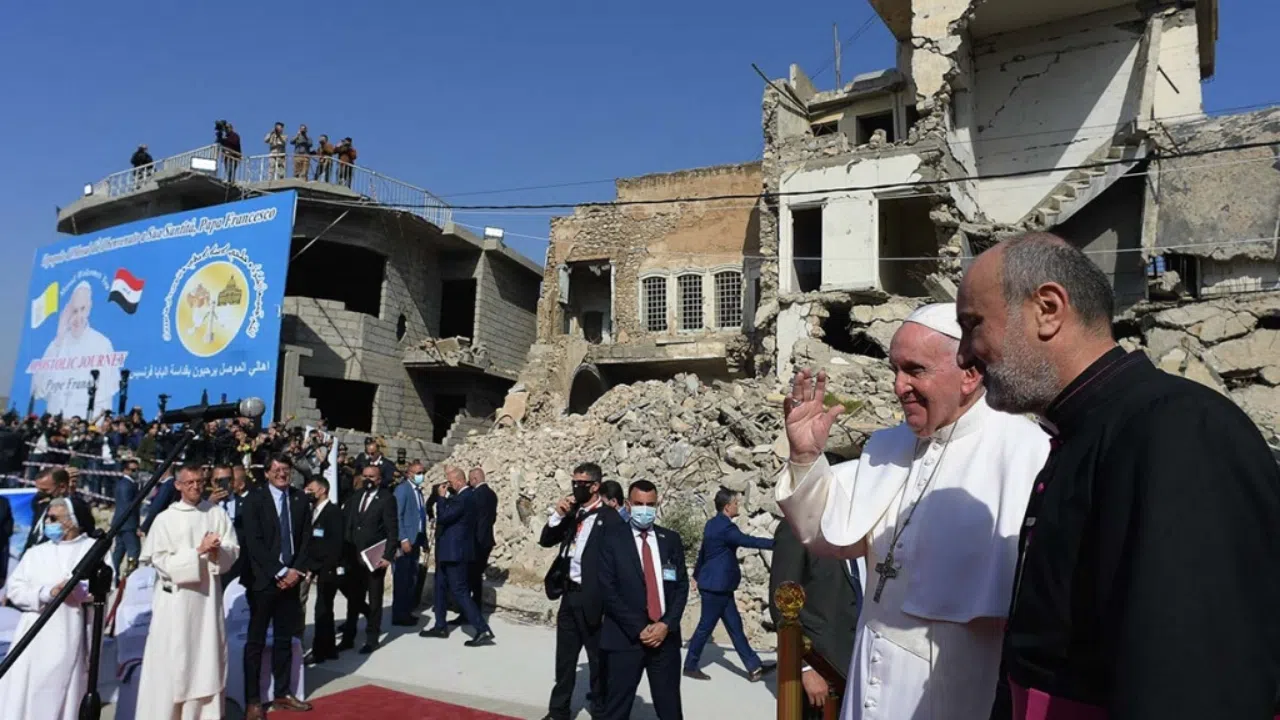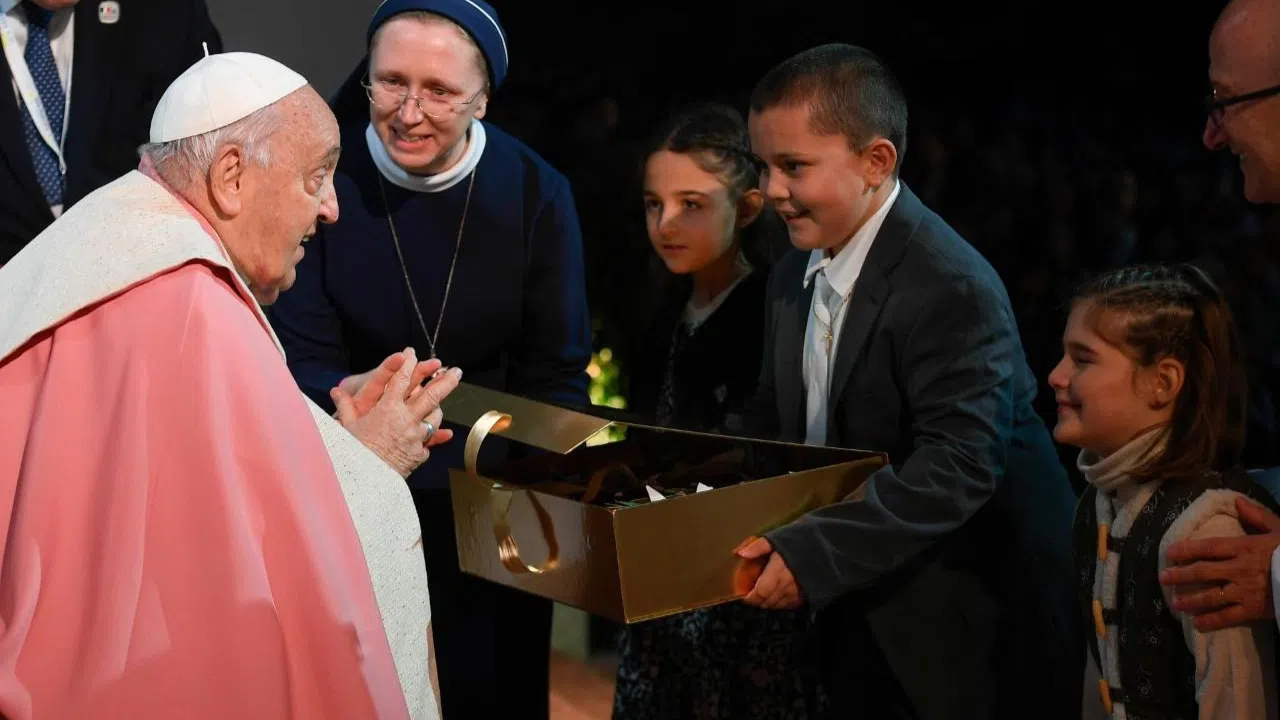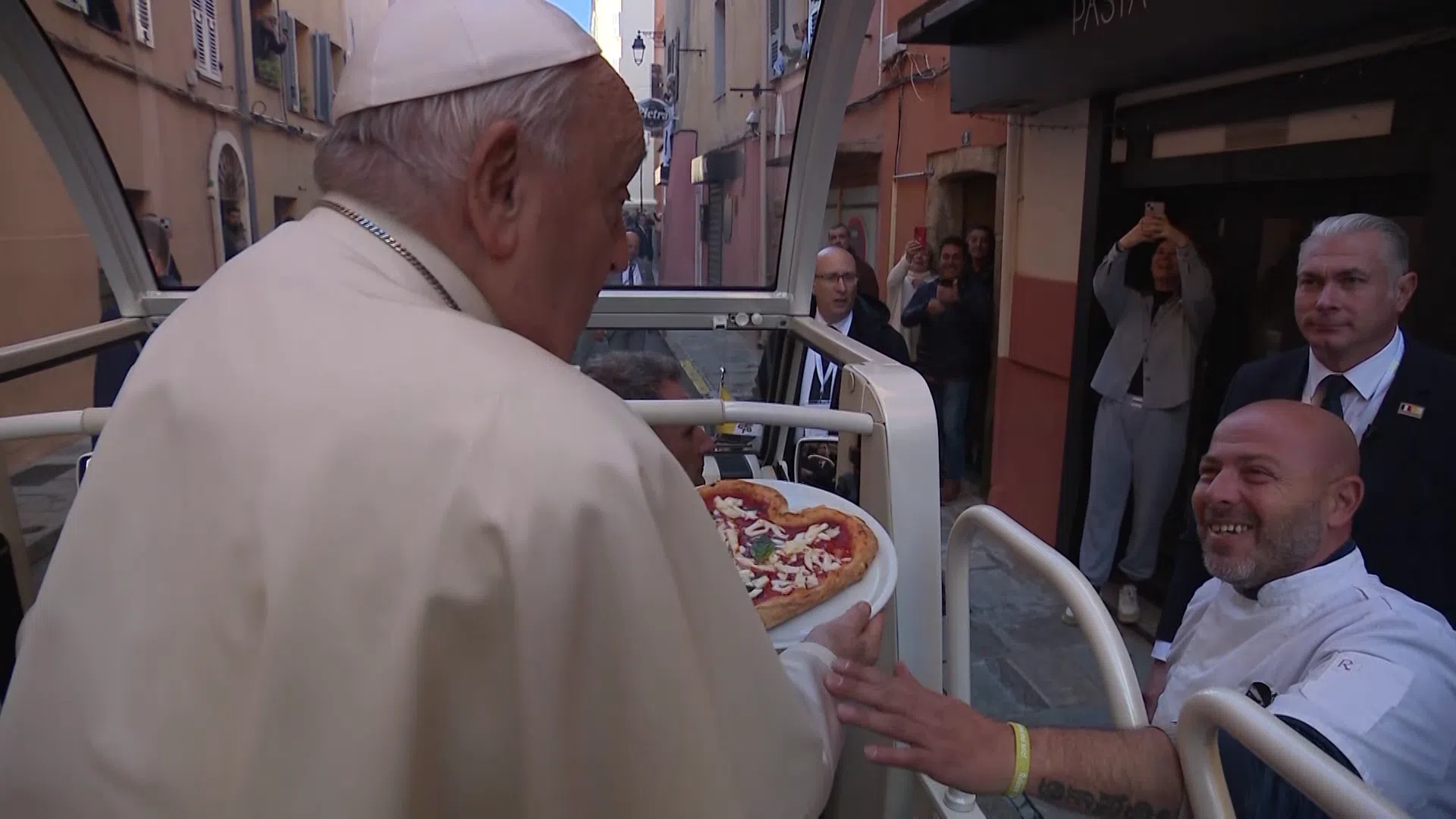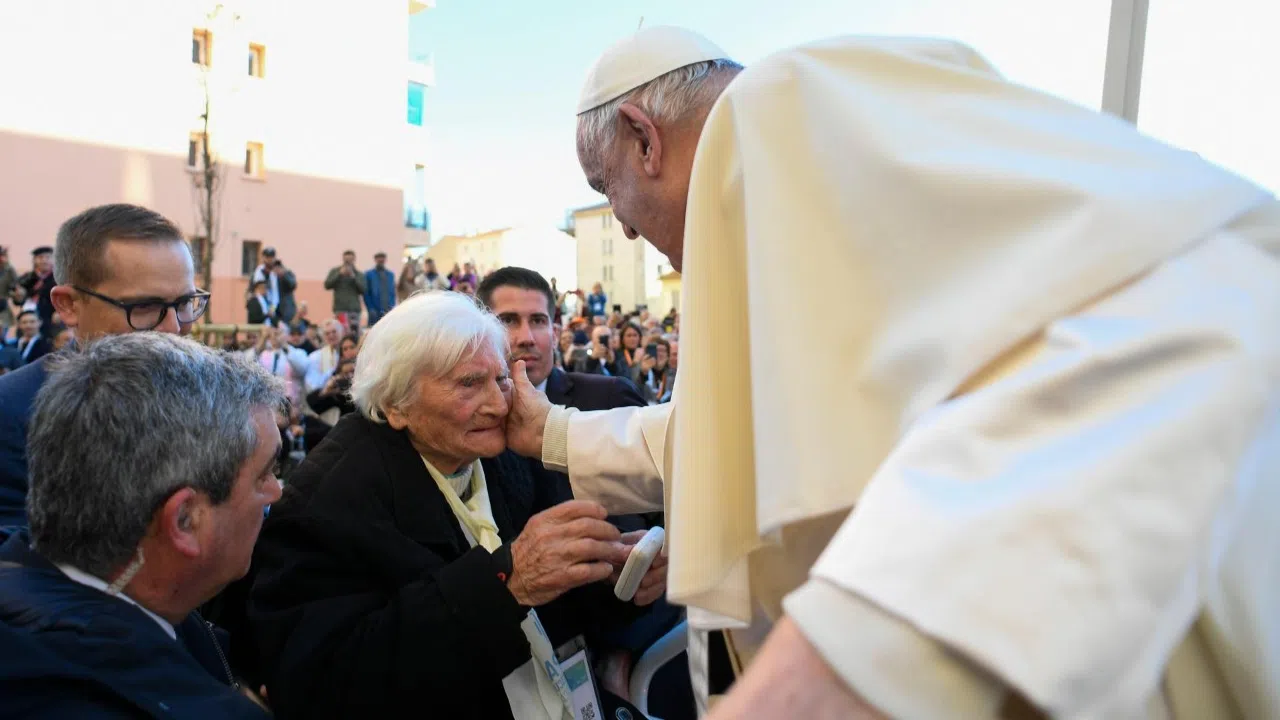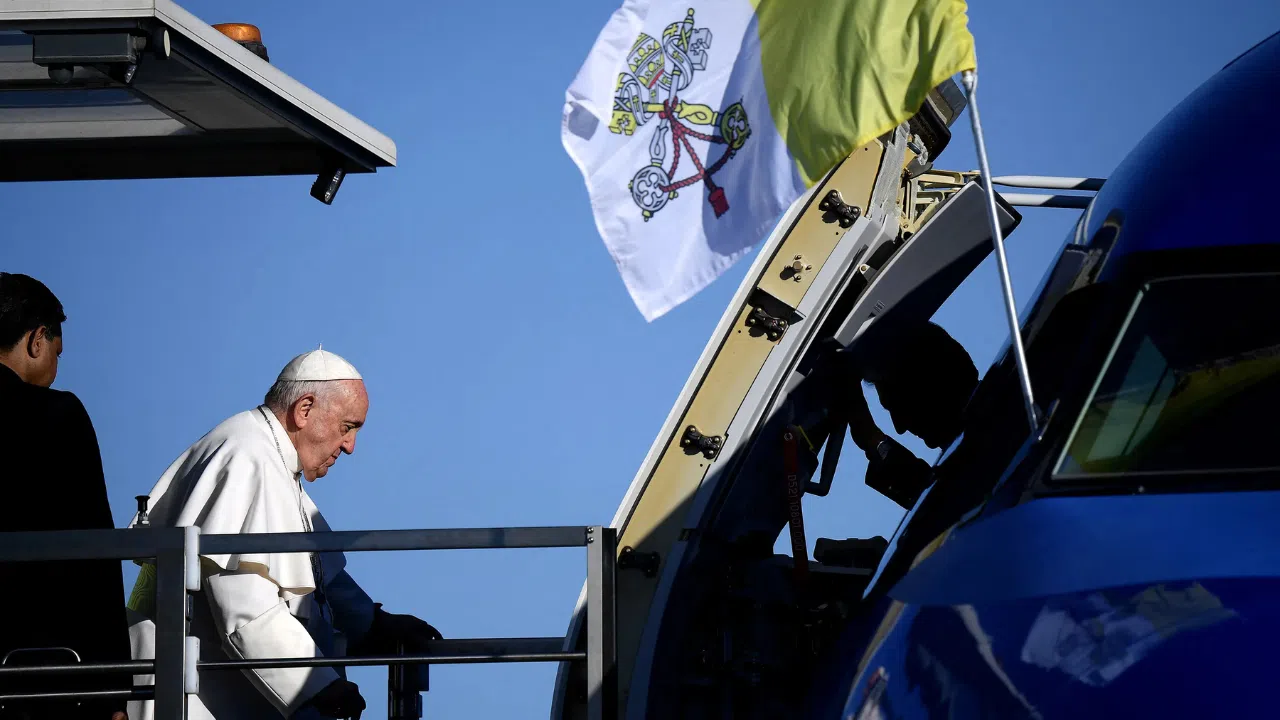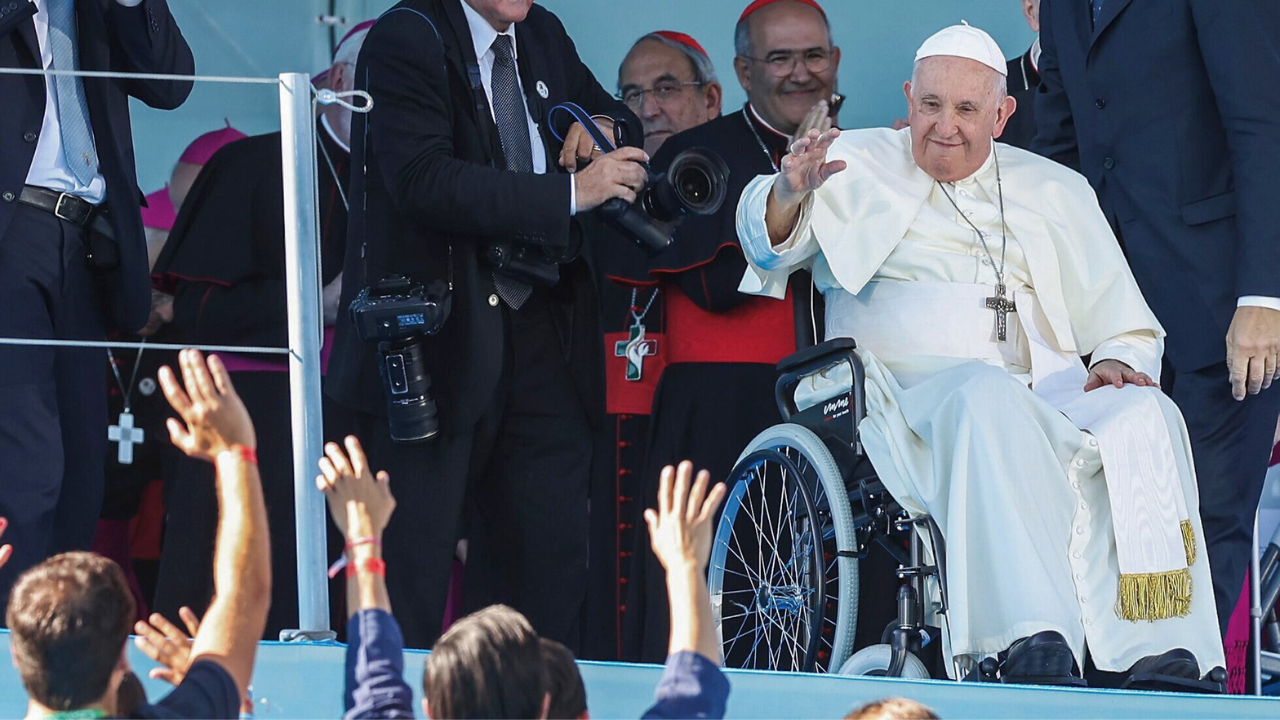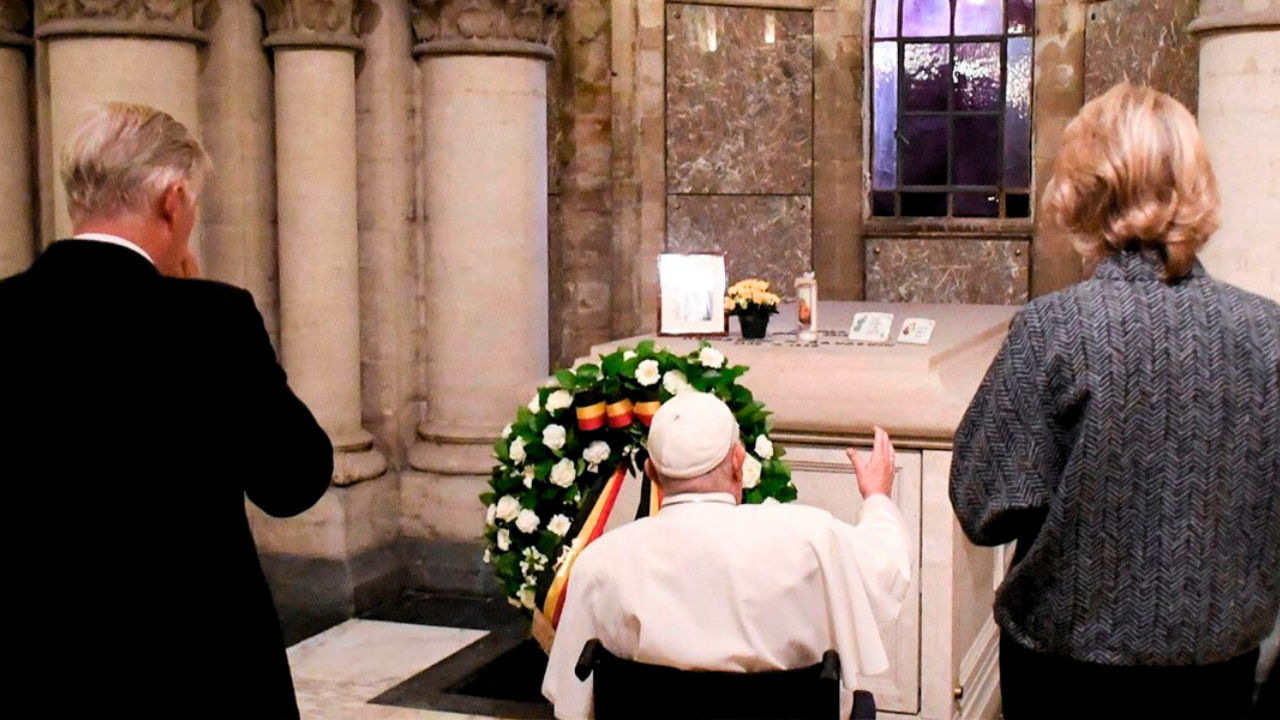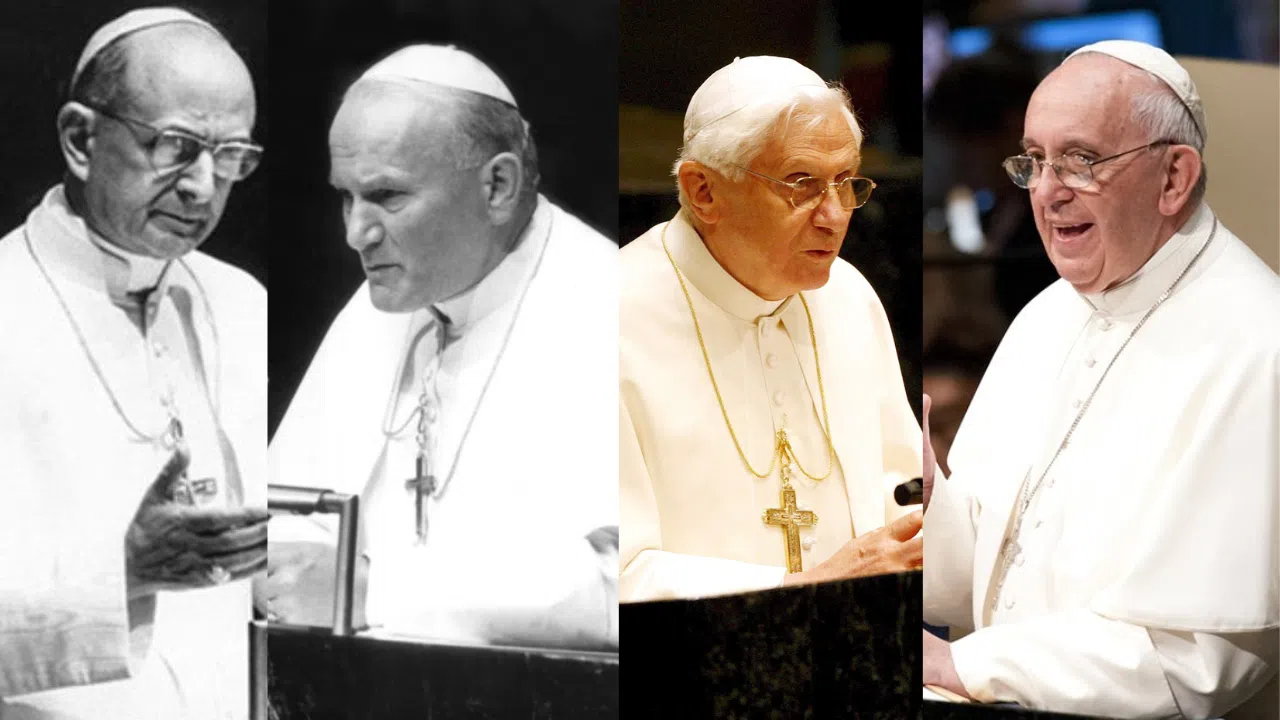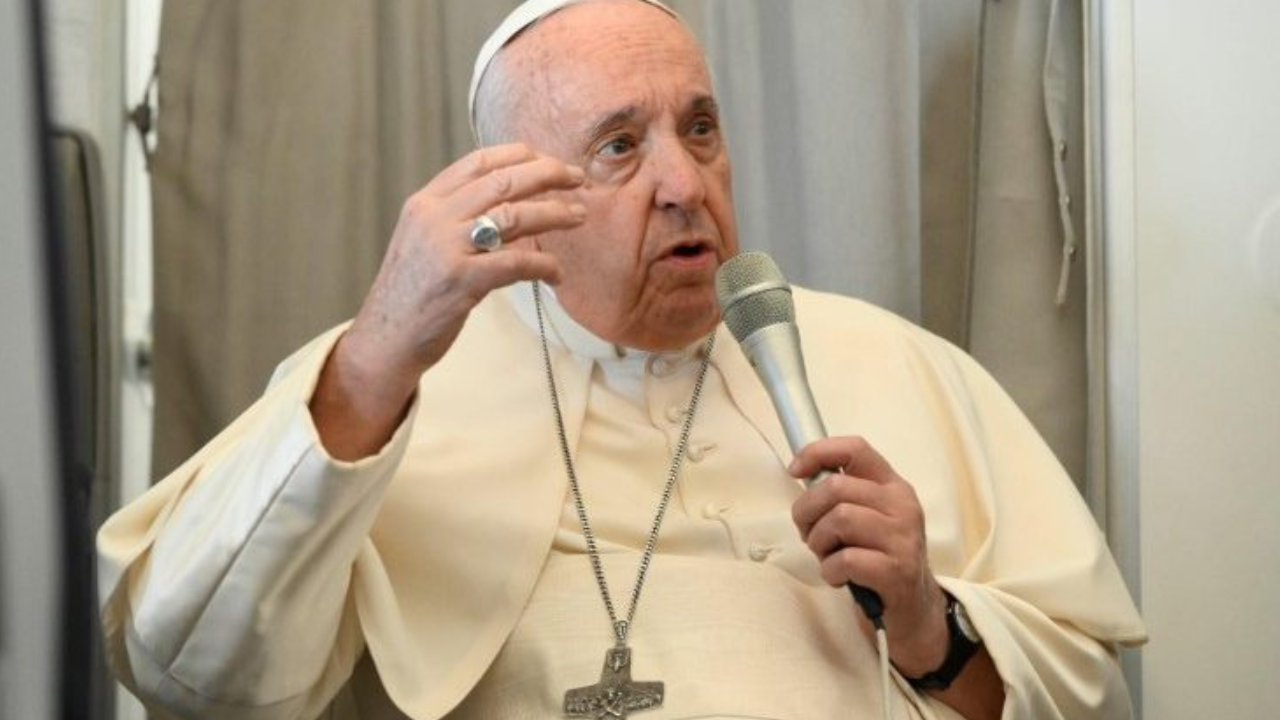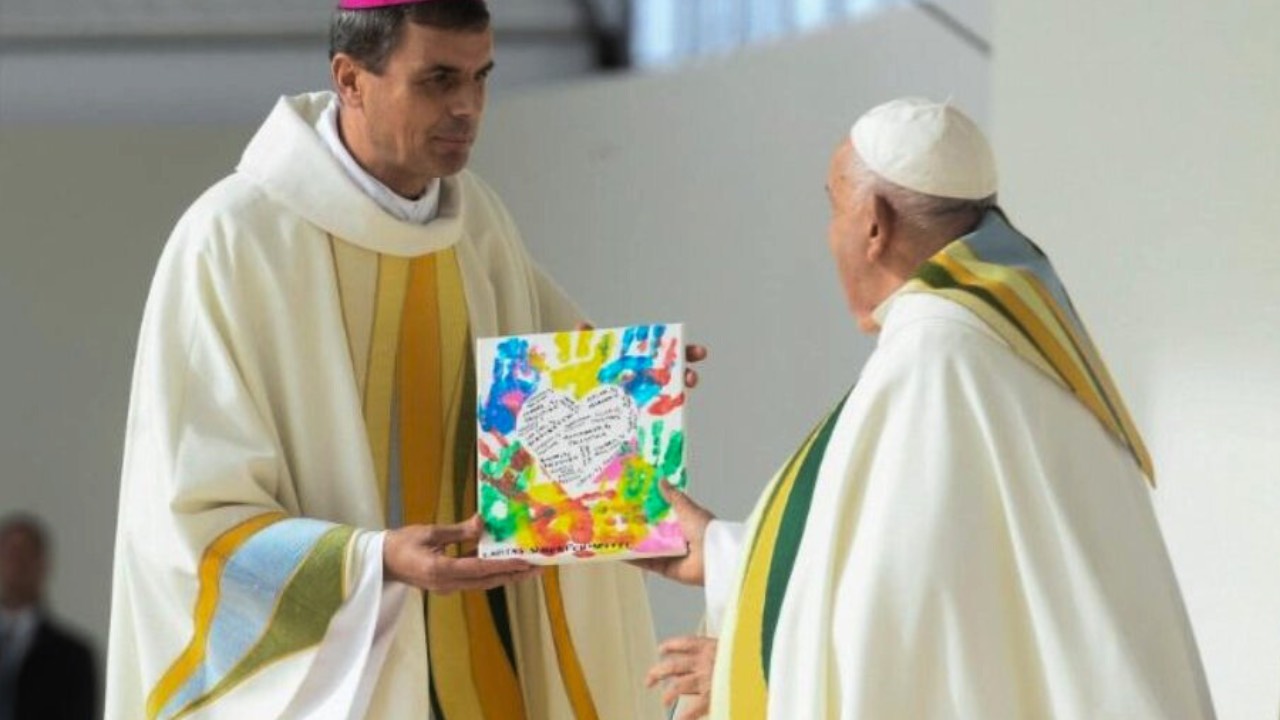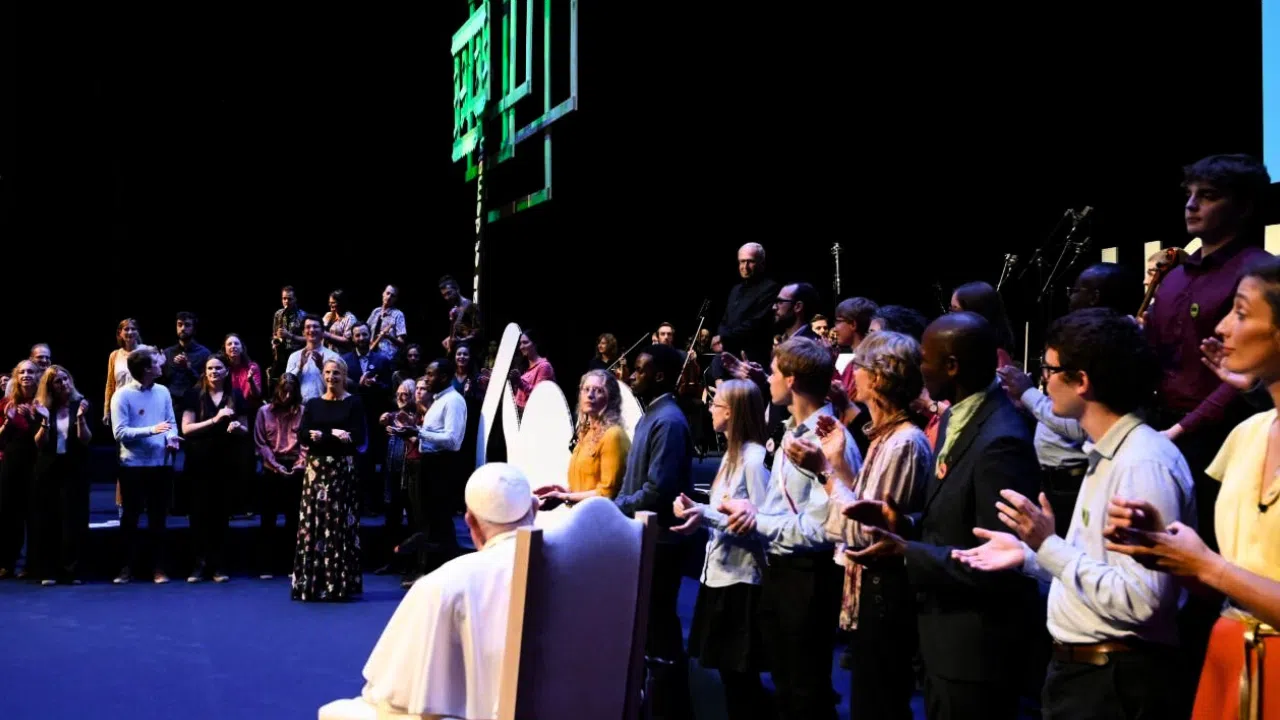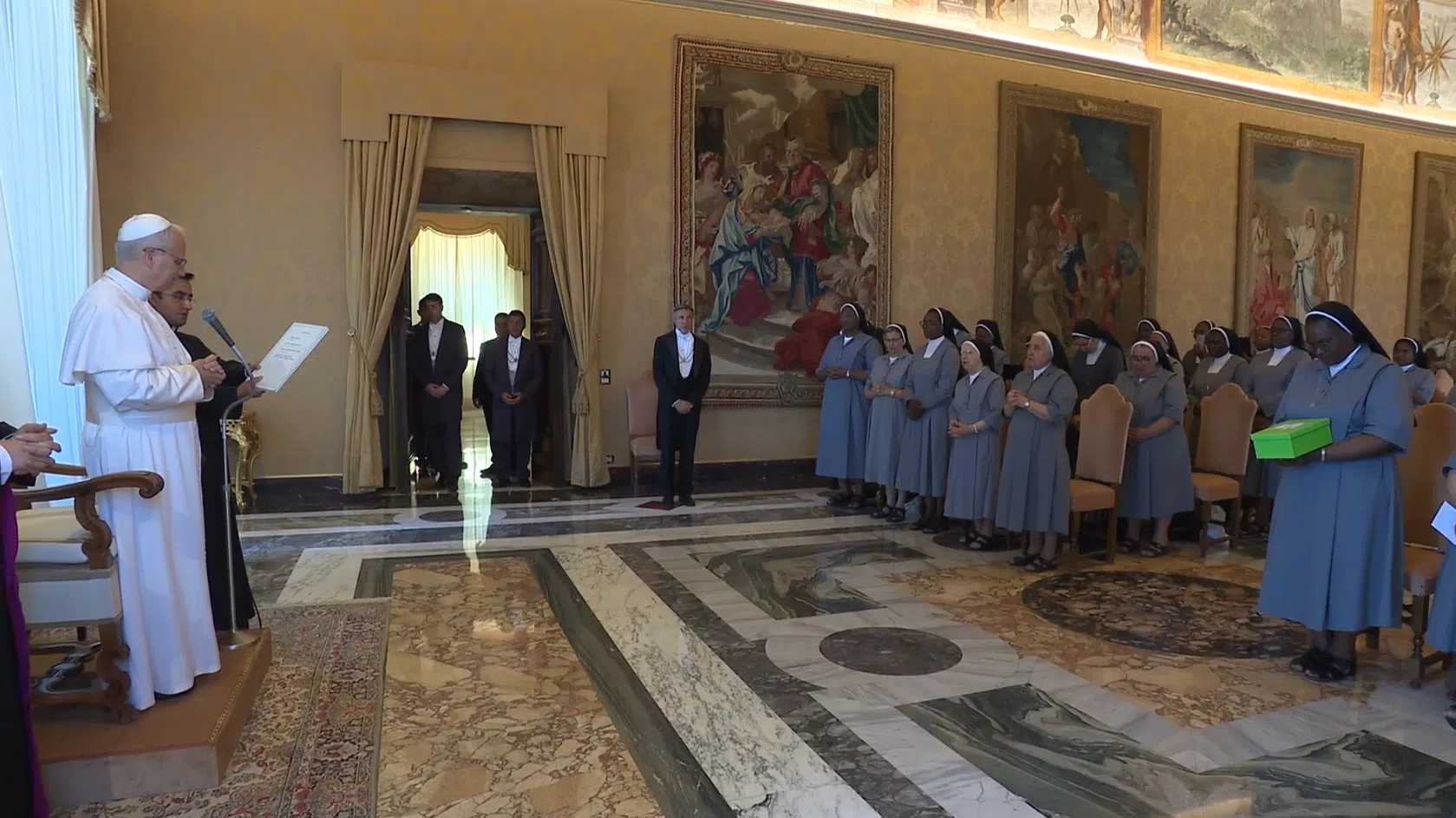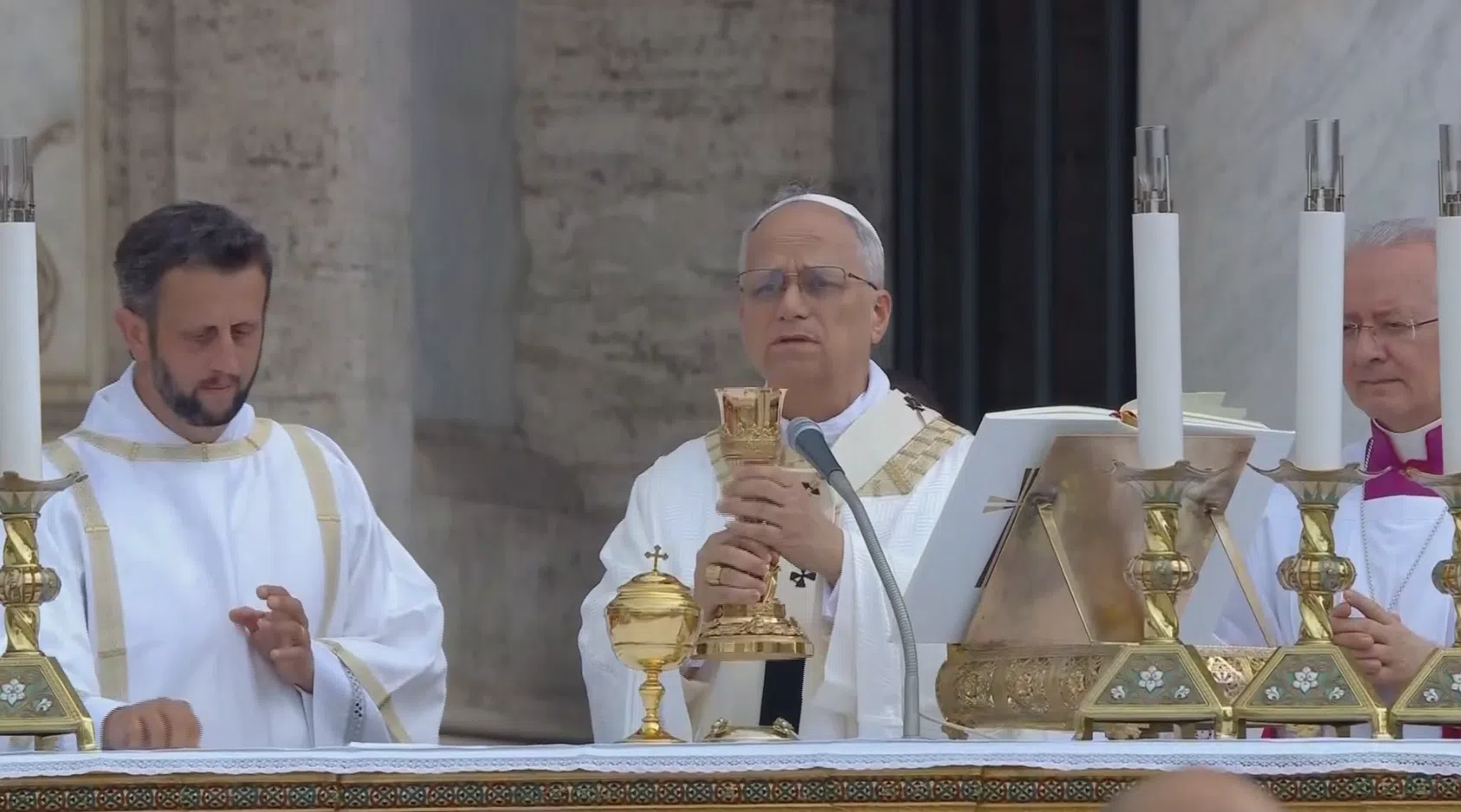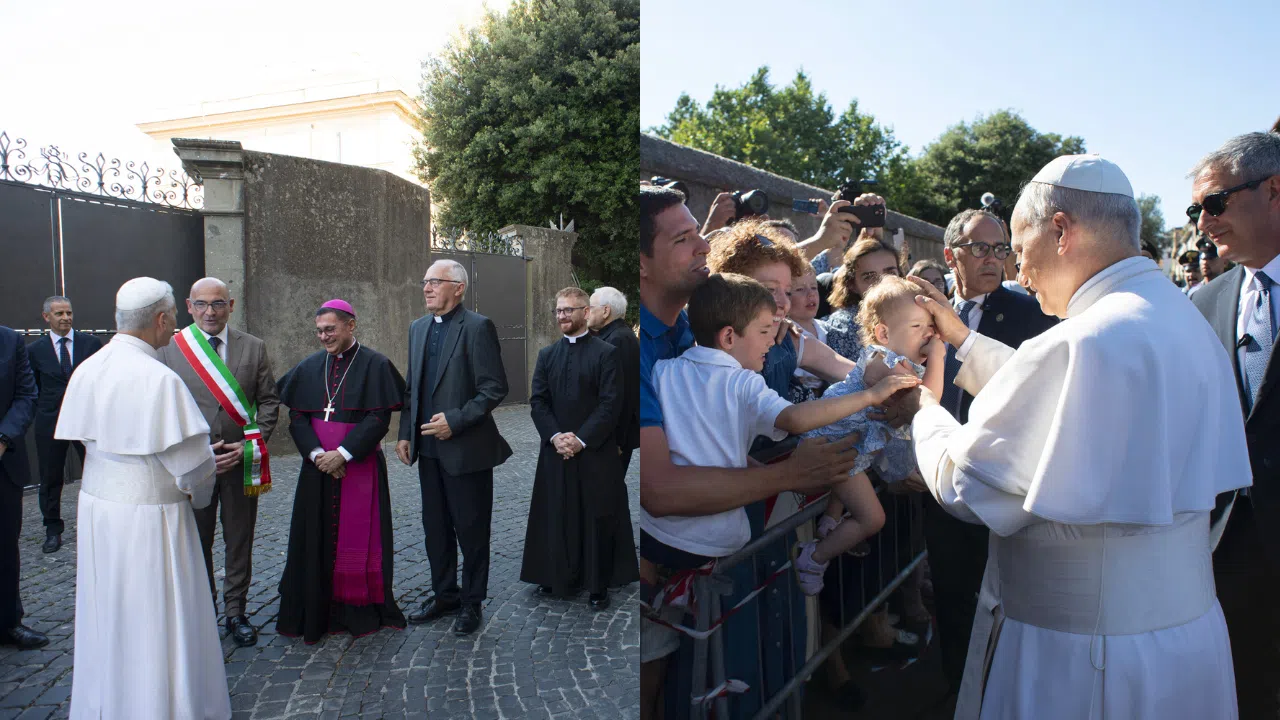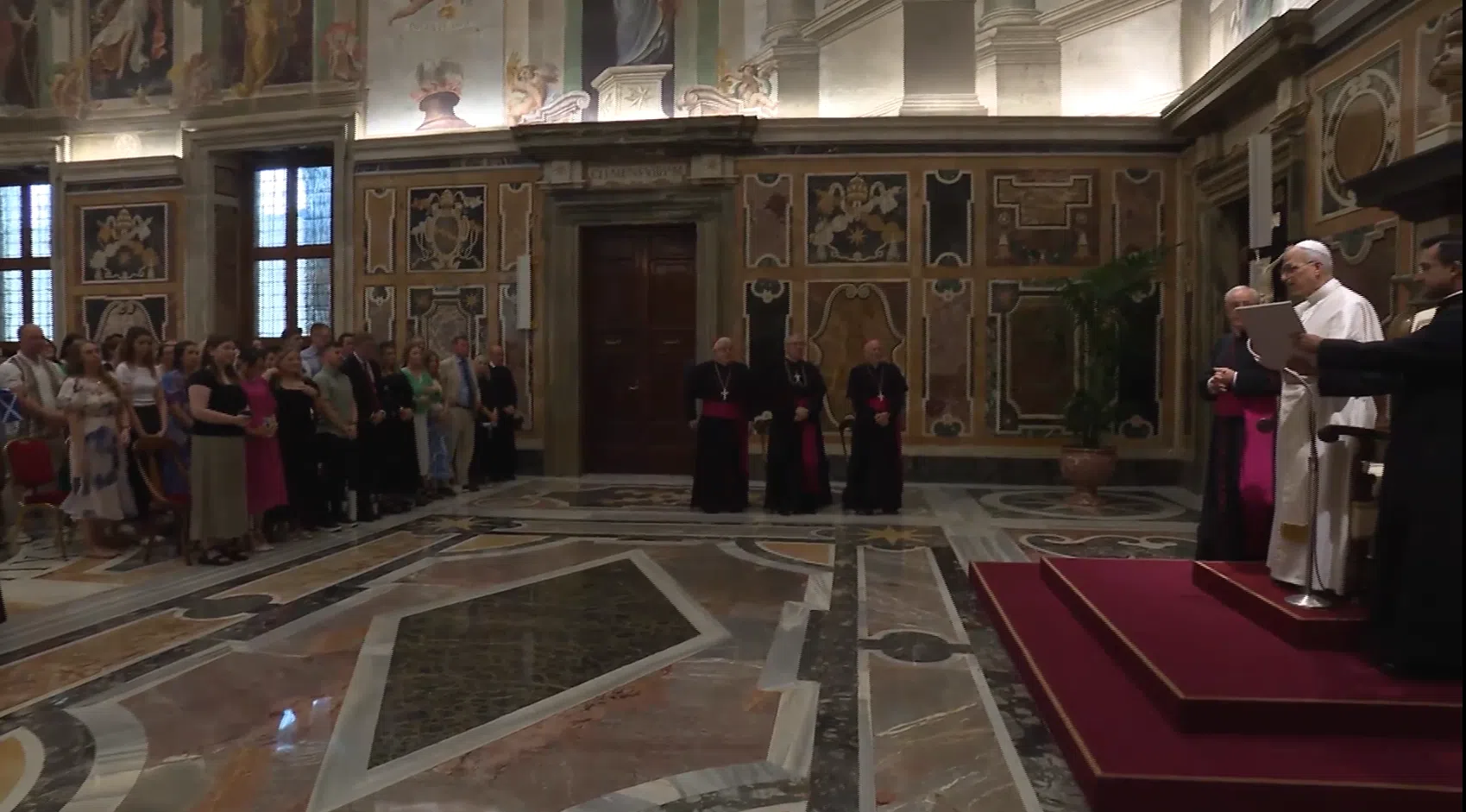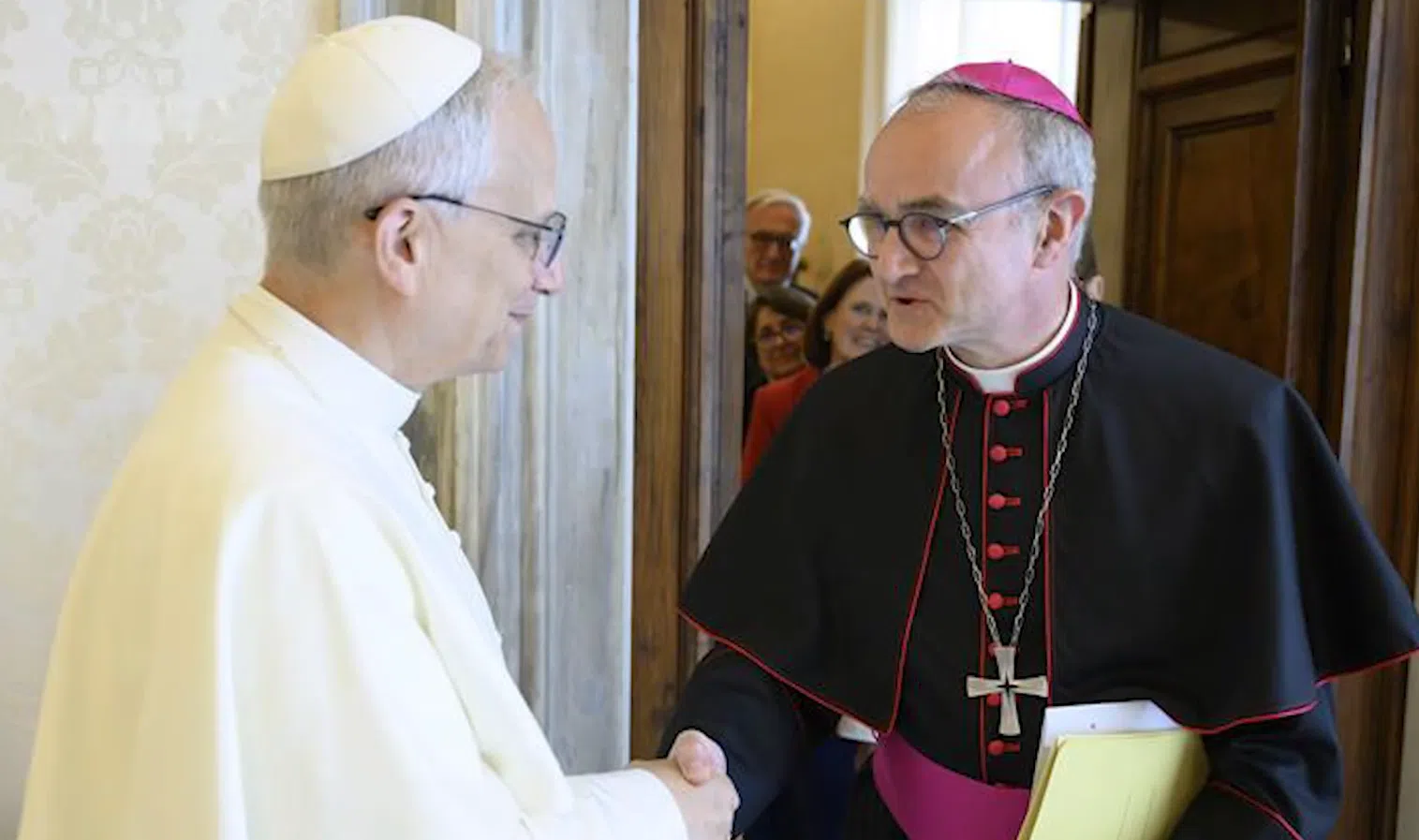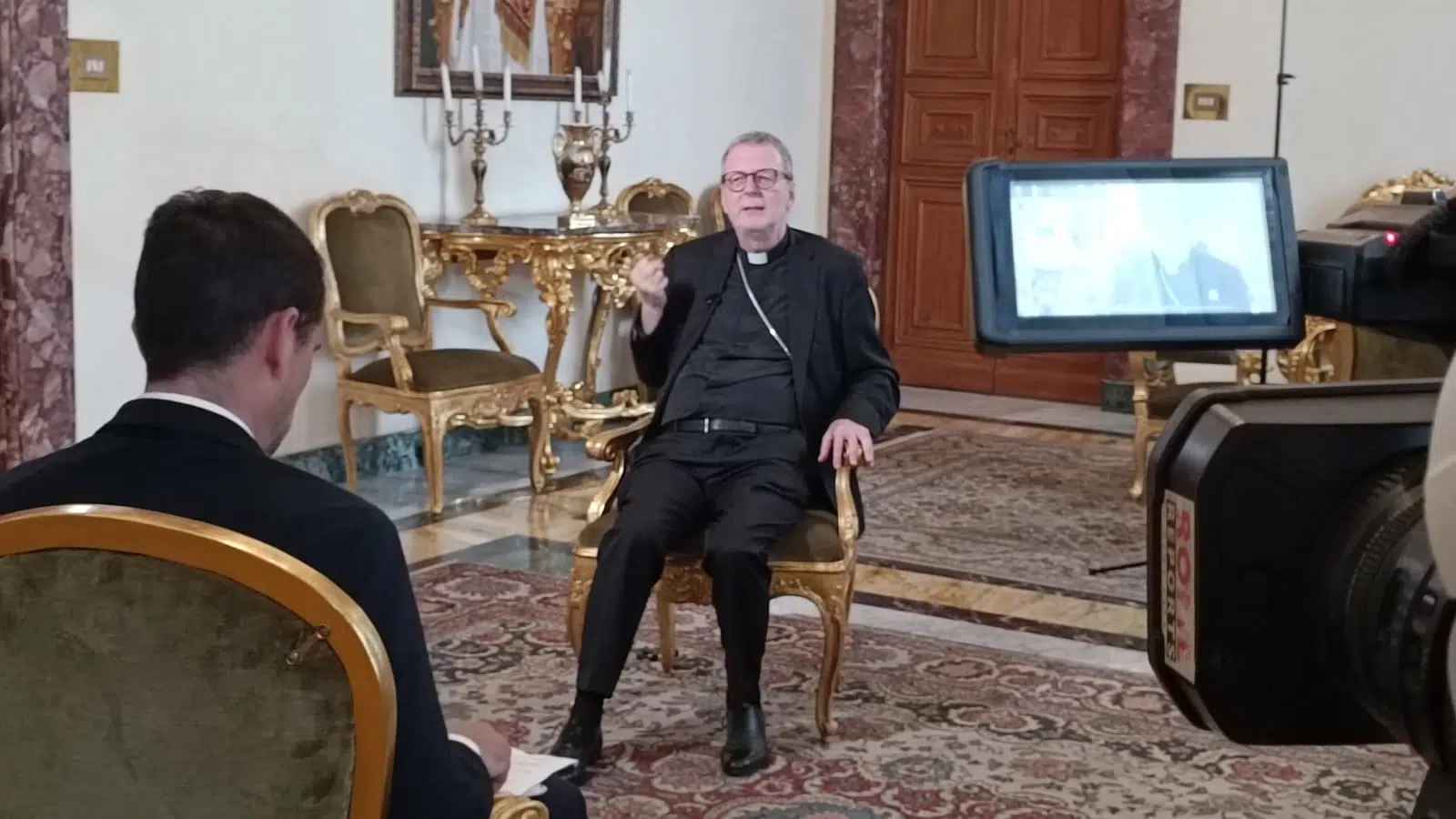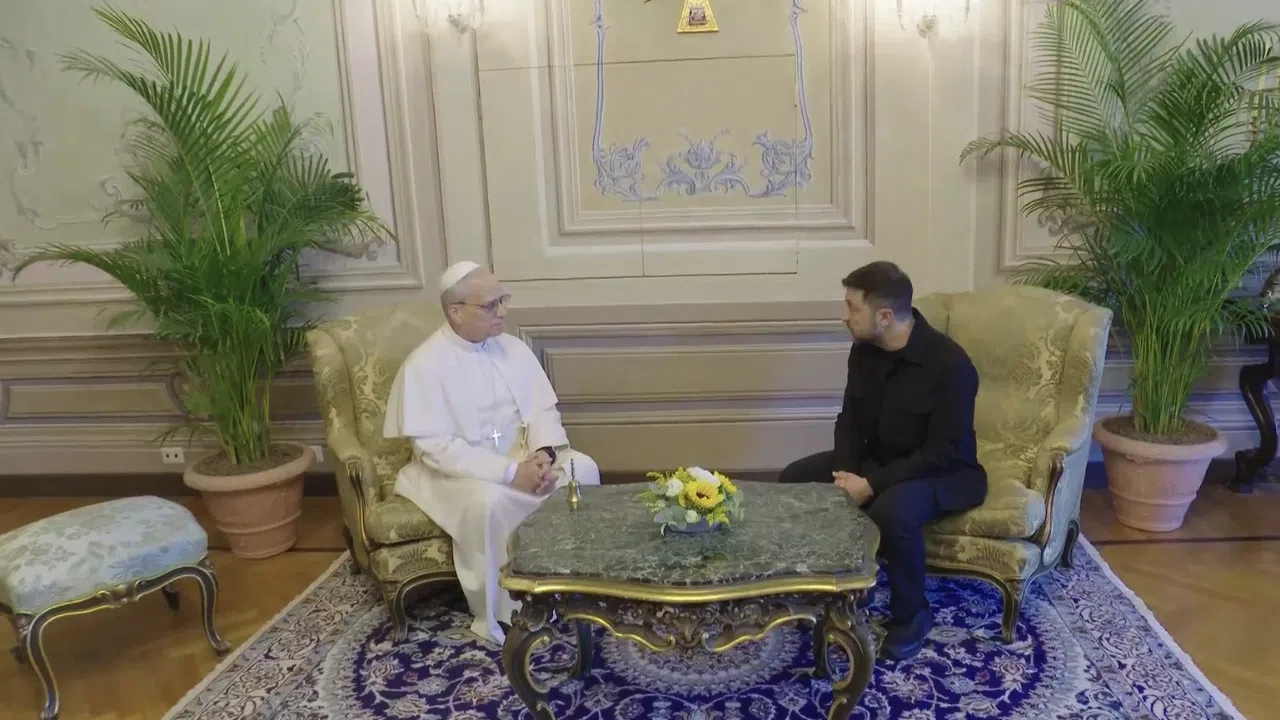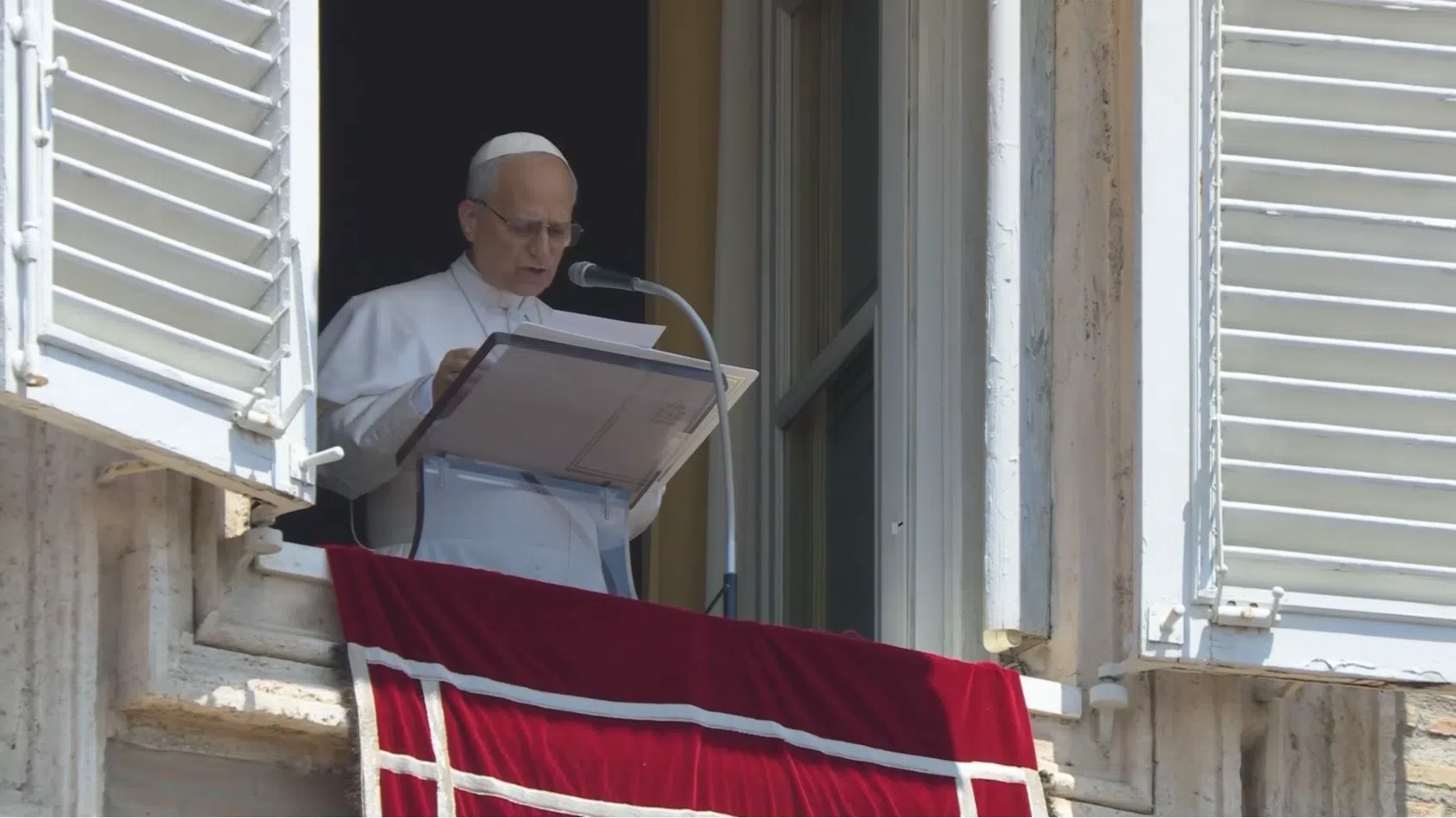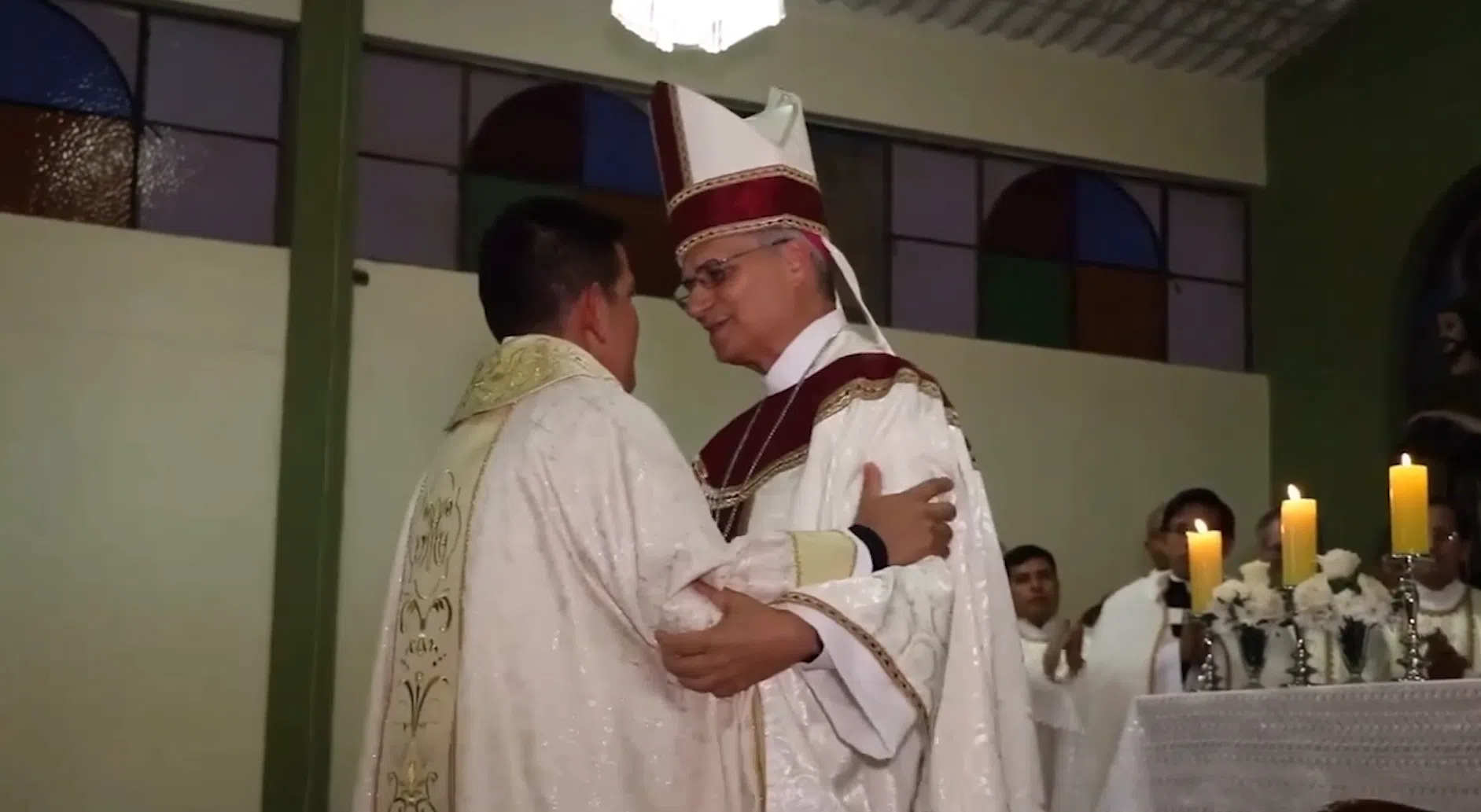They have arrived from different parts of the Brazilian Amazon to the city of Atalaia do Norte. They come from different communities and are of various ethnicities, but they are united by a common concern: the possible destruction of their way of life.
The natives want to live on the land where they were born. They want to debunk the misconception that they want to move to the city and leave the countryside behind, an idea often used as an excuse to exploit the Amazon.
Members of the Matís community explain this even in songs. They are more anguished than ever about their future after last Jan. 1 when Bolsonaro became president of Brazil.
The president maintains that indigenous people occupy too much land. He wants to open it completely to the mining industry, despite the fact that the Brazilian constitution protects native populations and recognizes their right to live and manage the land of their ancestors.
“We must take care of the jungle. Our parents told us it is our land.”
“I’m the son of a cacique. I’m one of the leaders. I have a culture and traditions. I want my grandchildren to be like me. I want them to use these ornaments and these paints. That’s why I don’t want the river and the forest to be contaminated. I want my family to fight so our culture doesn’t disappear.”
“I want my grandchildren to live as well as I do. That’s why I ask for your help, so powerful people don’t dry our rivers or destroy the land that we need for daily life and sustenance. Please, tell the world that the invaders are entering our protected land without authorization.”
In 1972, the Indigenous Missionary Council, or, CIMI, a body of the Brazilian Conference of Bishops, was created to accompany indigenous peoples in this defense process.
This organization has gathered these leaders, who represent over 6,000 natives from the Javari River region in Atalaia do Norte.
Fr. Alberto, an Xaverian missionary, is part of the small CIMI team in Atalaia do Norte. He is Italian and has been in Brazil for 30 years, sharing daily life with the poorest people. The situation is particularly difficult in urban centers like this border city of indigenous immigrants.
FR. ALBERTO PANICHELLA
Xaverian priest
“We are isolated. The state government doesn’t care about us. Neither does the national government. Local authorities are corrupt. Money disappears. No improvements are made. It’s a deprived city. The high unemployment rate is at 50 percent of the population.”
The missionary has been in this region for less than a year. He says here the Church works slowly but constantly, trying to fix some errors from the past.
FR. ALBERTO PANICHELLA
Xaverian priest
“The Catholic Church was a big colonizer until 30 years ago. Then it changed direction and from 40 years ago, it no longer colonizes. In certain places, they have even stopped preaching the Gospel. I don’t agree with that. I think the Gospel should be preached, maybe not at the very beginning, but in a second moment.”
Fr. Alberto advocates for the application of “interculturality” and “interreligiosity” to interactions with indigenous peoples. The Church’s task in these contexts is almost artisanal, given that many of these communities have become mistrusting due to the many forms of violence through which they have suffered for decades.
Author: Ángeles Conde
Rome Reports travelled to the Amazon with support from REPAM and CIDSE, an international alliance of catholic development agencies.
